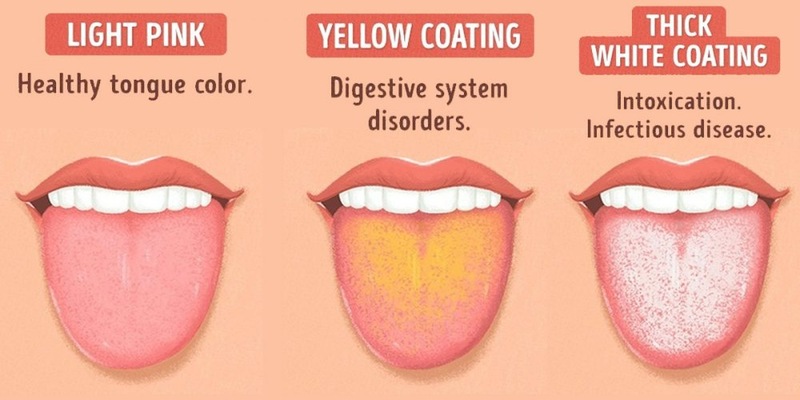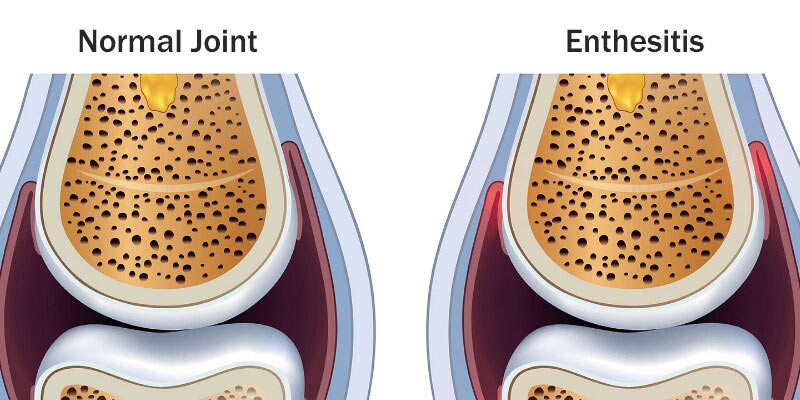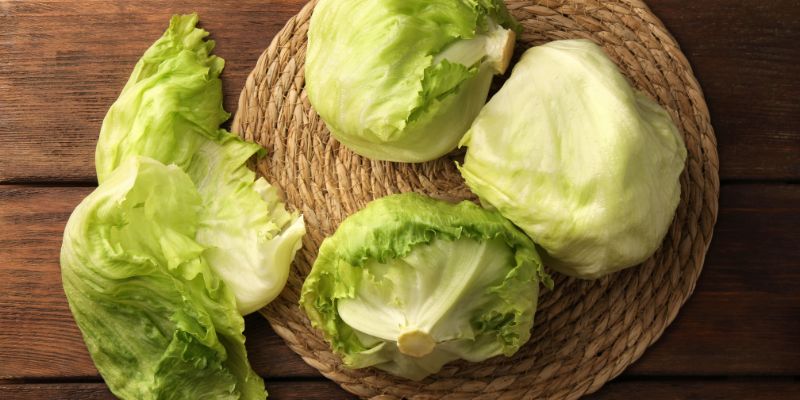Are you one of millions of people living with the pain and frustration associated with migraines? If so, it's understandable that you're looking for answers to address your discomfort. Have you ever wondered if your coffee intake could be responsible in some way? In this blog post, we’ll investigate the correlation between increased consumption of caffeine from drinking coffee and the resulting impact on migraine sufferers, exploring ways to improve overall health and quality of life. We’ll discuss potential triggers as well as strategies that can help reduce or eliminate agonizing headaches altogether. By arming yourself with knowledge about possible connections between coffee and migraines, just maybe - it will put an end to all those pesky throbbing head pains once and for all!
Introducing the Link between Migraines & Coffee Intake:
For coffee lovers, the news that their favorite beverage could be linked to migraines may come as a shock. Recent studies have shown that there may indeed be a correlation between coffee intake and the onset of migraine headaches. Though the exact reason for this link is still being studied, researchers believe that caffeine may be the main culprit.
While some individuals may be able to handle coffee without experiencing any negative effects, others may want to consider cutting back if they're prone to migraines. With ongoing research into this connection, it's crucial to stay informed about the potential risks and benefits of caffeine consumption for your health.
Types of Migraines and How They are Affected by Caffeine:

Migraines are notorious for being a debilitating headache that can bring everything to a grinding halt. Not all migraines are alike, and understanding the different types can help provide clarity when seeking relief. For instance, there are migraines with aura, which can cause visual disturbances and sensory changes prior to the headache.
- Classic Migraines: Also known as “migraine with aura,” classic migraines are typically accompanied by visual disturbances, such as seeing flashing lights or zigzag lines. These symptoms can be worsened by caffeine intake, leading to increased pain and discomfort.
- Common Migraines: This type of migraine does not have accompanying visual disturbances, but it can still be triggered by caffeine intake. The severity of the migraine may also be intensified with caffeine consumption.
- Chronic Daily Headaches: These headaches occur more than 15 days per month and can be caused by overuse of pain medication, including caffeine-based pills or beverages.
- Sinus Headaches: Often mistaken for migraines, sinus headaches are actually caused by inflammation in the nasal passages. Caffeine consumption can contribute to this inflammation and result in more frequent or severe sinus headaches.
There are migraines without aura, which do not have these warning signs. Caffeine, a common ingredient in many headache medications, can also have a significant impact on migraines. While some people may find relief with caffeine, others may find that it triggers their migraines.
Potential Benefits of Managing Your Caffeine Consumption:
We all have our go-to caffeinated drinks to help us power through the day. However, it's important to consider the potential benefits of managing our caffeine consumption. By monitoring and limiting our intake, we can prevent caffeine crashes and improve our quality of sleep.
- Reduce the Severity of Migraines: By managing your caffeine intake, you may be able to reduce the severity and frequency of migraine headaches.
- Improve Sleep Patterns: Too much caffeine can disrupt your sleep patterns, leading to fatigue and potential triggers for migraines. By reducing or eliminating caffeine later in the day, you may experience more restful sleep.
- Promote Overall Health: Excessive caffeine consumption can have adverse effects on your overall health, such as increased anxiety and heart rate. By managing your caffeine intake, you can improve your overall well-being and potentially reduce the occurrence of migraines.
Reducing caffeine can lead to better hydration and lower anxiety levels. For those looking to improve their overall health, taking a closer look at their caffeine habits may be a simple yet effective step towards achieving their goals.
Maintaining a Healthy Balance:
Maintaining a healthy balance is crucial when it comes to leading a healthy lifestyle. It's important to keep ourselves in check and indulge in moderation - whether it's our food choices or daily habits. Speaking of habits, coffee is one that people around the globe love to indulge in. It can be a lifesaver when it comes to starting our day; on the other, it can become a habit that's hard to shake off. There's something about sipping on that warm cup of coffee that's comforting.
Adapting Your Diet to Fit Your Unique Needs:

We all have different bodies, which means we have unique nutritional needs. Therefore, it’s important to adapt your diet to fit your personal requirements. The first step is to identify any health concerns or conditions that you may have. For example, some people have food allergies or intolerances that require them to avoid certain foods.
Others may have high blood pressure, diabetes, or other medical conditions that require a specific diet plan. Age, gender, and activity level can also impact your nutritional needs. By working with a healthcare professional or registered dietitian, you can create a custom meal plan that meets your unique needs and helps you reach your health goals.
Making Small Changes to Improve the Quality of Your Migraine Life:
Living with migraines can be challenging, but even small changes can make a big difference in improving your quality of life. One powerful strategy is to identify and avoid triggers that can bring on an attack. Keeping a journal to track your symptoms and potential triggers can help you pinpoint what might be causing your migraines.
Incorporating relaxation techniques such as deep breathing, yoga or meditation can also help reduce stress and tension, both of which can trigger migraines. Sticking to a regular sleep schedule and staying hydrated can also make a big difference. Making small lifestyle changes may not cure your migraines, but they can help you feel better and more in control.
Conclusion:
Take the time to observe and track your daily coffee consumption and how it impacts your migraines to discover what works best for you. While abstaining from caffeine can have its benefits and frighten us away from over-indulgence, don’t forget that a single cup of joe can still be a part of an overall healthy regimen. If done mindfully and responsibly, our beloved caffeine pick-me-up could be just the right remedy for certain migraine sufferers. So make sure to check in with yourself and adjust your diet accordingly – sometimes small tweaks are all we need to make huge improvements in our migraine life.




